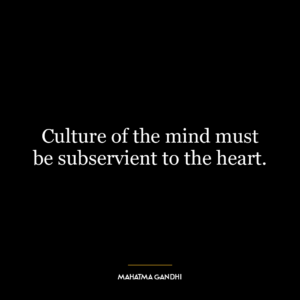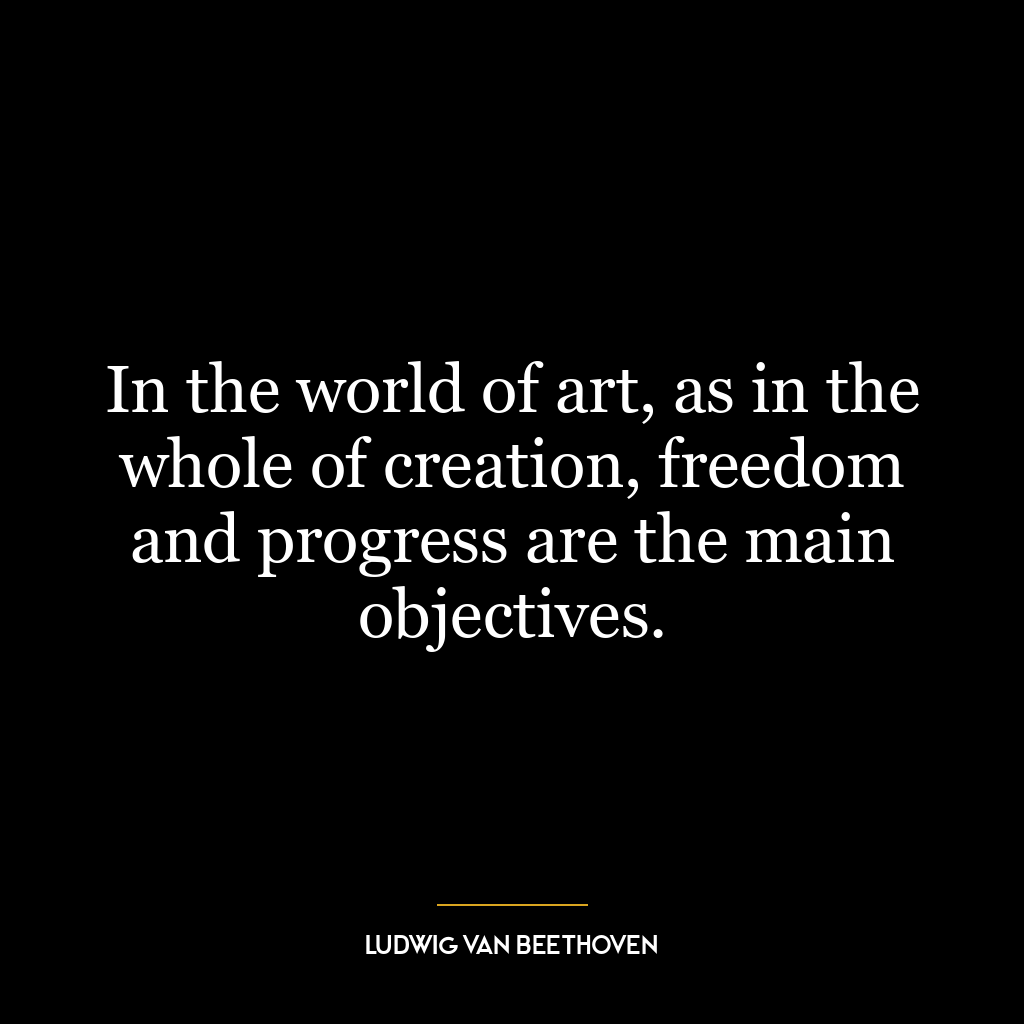My national service is part of my training for freeing my soul from the bondage of the flesh.
This quote speaks to the concept of self-discipline and sacrifice as a means of spiritual liberation. In Gandhi’s view, national service – or dedicating oneself to the betterment of one’s country – is a form of training that helps free the soul from the constraints and desires of the physical body. The “bondage” he refers to can be interpreted as our human tendencies towards selfishness, greed, and materialism. Through national service, one can practice selflessness, empathy, and dedication to a cause greater than oneself.
The idea behind this quote is deeply rooted in many spiritual traditions that advocate for detachment from worldly desires as a path towards enlightenment or higher consciousness. By serving others without expecting anything in return, we can transcend our egoistic inclinations and experience spiritual growth.
In today’s world context, this concept could be applied through various forms of community service or social activism. This might involve volunteering for local charities, participating in environmental conservation efforts or advocating for social justice issues. These acts not only contribute positively to society but also help us cultivate virtues like compassion and humility.
In terms of personal development too this idea holds relevance. It encourages us to look beyond our individual needs and consider how we can make meaningful contributions to society at large. It urges us not just strive for personal success but also aim at societal well-being.
Moreover, it reminds us that true freedom doesn’t come from satisfying our physical desires but rather from liberating ourselves from their control over us – an important lesson in today’s consumer-driven world where happiness is often equated with material possession.
Gandhi’s words inspire introspection about what really matters in life – hinting that perhaps fulfillment lies not so much in what we acquire for ourselves but more so in what we do for others; suggesting that real growth may not be about expanding outwardly (accumulating more) but rather growing inwardly (becoming more).









